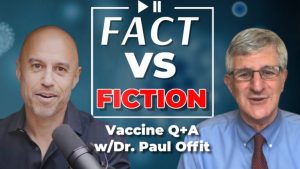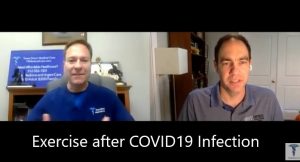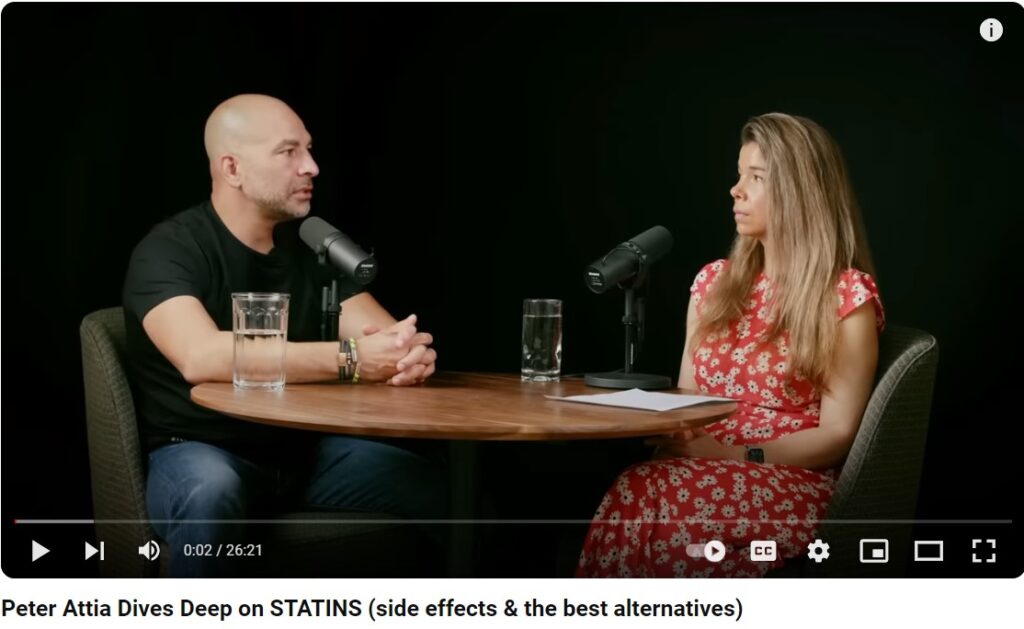COVID-19
Treatment: Early treatment is best, and approach depends on timing and symptoms. Paxlovid is working very well when started early. We may use Budesonide and Dexamethasone, and home oxygen in severe cases. COVID has evolved a lot and our treatment does too. We use best medical evidence.
Vaccinations and Prior Immunity are the best defense against COVID19. Vaccines turn potentially serious illness into a cold. Vaccines help the body respond faster to infection, but do not always prevent it. This is a great discussion on current controversies and censorship by Dr Prasad, We Need to Talk About the Vaccines, Public Debate on Side-Effects is Being Censored.
Vaccine Controversies: There is a lot of misinformation. ZDoggMD.com has several excellent videos and Vaccine Details from CHOP.
Bronchitis and Colds
Antibiotics are not needed for colds: We take no pleasure irritating patients or parents. Antibiotics treat bacterial
but not viral infections. 95% of upper respiratory colds, including bronchitis, are viral. Some are allergies or caused by chemicals (smoke or vaping). Treat symptoms. Mayo Clinic Guidelines
Weight Loss
Cholesterol, Heart Disease, and Statins
Measuring cholesterol is our best indicator for preventing heart disease. Statins are very safe medications used for decades to prevent and treat heart disease. Beware those criticizing statins in order to sell their own supplements. Dr Peter Attia MD provides an excellent summary of statins and controversies. Cardiac screening includes traditional LDL, and also Lipoprotein A and Apolipoprotein B for more detailed understanding, along with CT Calcium score to directly evaluate artery damage.



